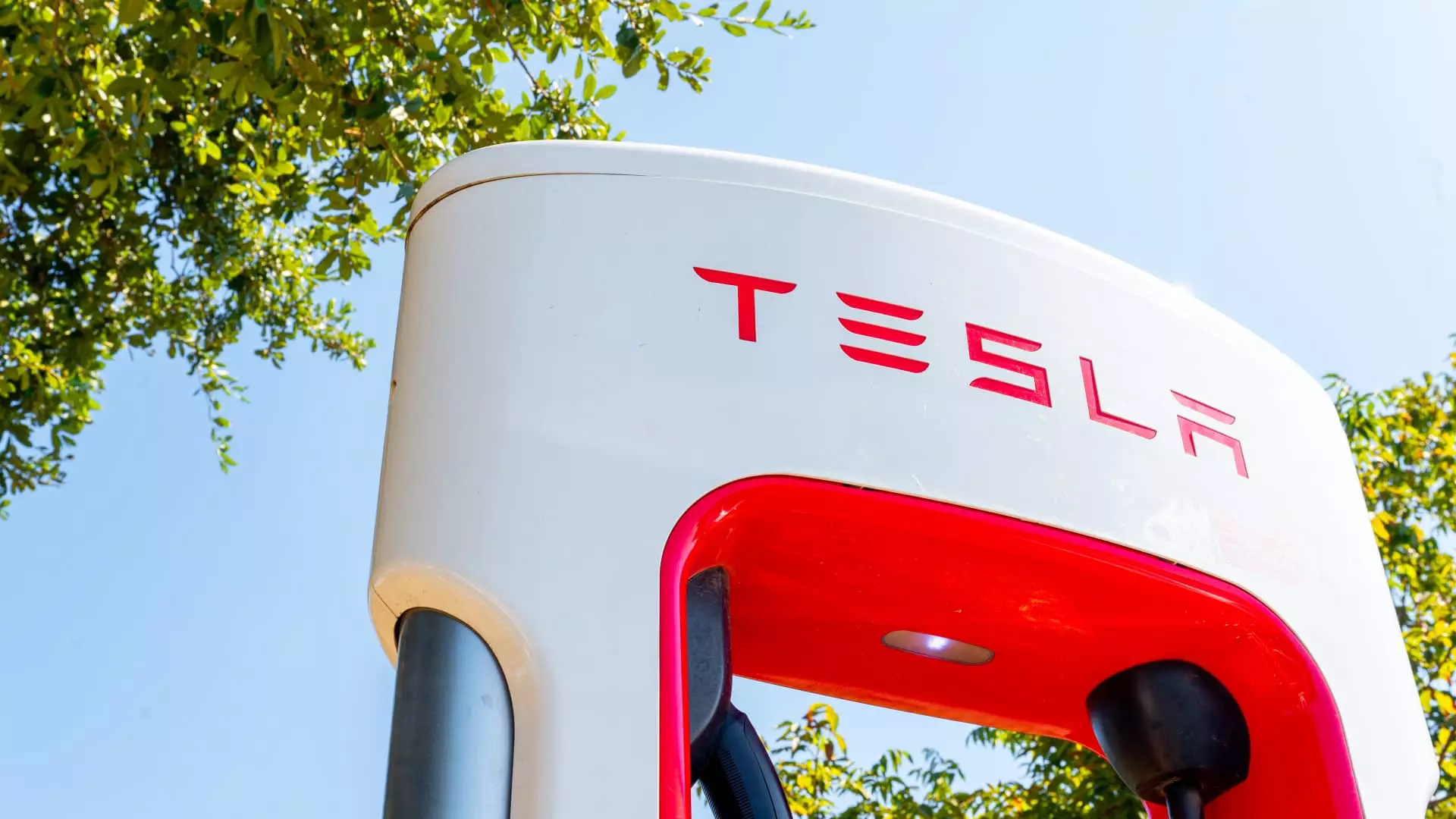The tragic collision in Walnut Creek, California, that resulted in the death of Genesis Giovanni Mendoza-Martinez has ignited a complex legal battle against Tesla. The Mendoza family’s lawsuit raises significant questions about not only the safety of Tesla’s Autopilot technology but also the ethical responsibilities of corporate giants in disseminating information to consumers. As the family claims “fraudulent misrepresentation” regarding the capabilities of Tesla’s Autopilot, the case highlights a critical intersection of technology, accountability, and transparency in the automotive industry.
The accident occurred while Mendoza-Martinez was operating a 2021 Model S, which encountered a stationary fire truck, resulting in a fatal impact. The legal implications became clearer as the Mendoza family filed a lawsuit in Contra Costa County against Tesla, contending that the company had misrepresented the abilities of its Autopilot feature, which is marketed as a partially automated driving system. The family’s accusations are not merely anecdotal; they reflect a troubling trend in which the rise of advanced vehicle technology has outpaced regulatory oversight and consumer understanding.
The legal environment for this case is particularly complex since Tesla successfully moved the trial from state to federal court. In typical legal scenarios, plaintiffs face a heightened burden of proof in federal court, especially in cases alleging fraud. This procedural shift raises significant concerns regarding the family’s ability to establish their claims against a highly scrutinized corporate entity like Tesla, which often enjoys considerable legal resources and expertise.
Mendoza’s plight has reverberations that extend far beyond his individual situation. The lawsuit underscores allegations that Tesla and its CEO, Elon Musk, have overstated the safety and functionality of their Autopilot system through aggressive marketing strategies—be it tweets, blog posts, or public statements. As the Mendoza family’s attorneys argue, these exaggerated claims seem to serve the dual purpose of generating consumer excitement and bolstering the company’s financial performance.
Tesla’s defense, which places blame on the driver’s “own negligent acts and/or omissions,” raises critical questions about accountability. Critics argue that this perspective risks diluting responsibility from the company’s potentially hazardous marketing practices. If consumers are misled into over-relying on such systems, how can manufacturers be absolved from the consequences of their marketing?
Tesla is not alone in its technological ambitions; however, scrutiny from regulatory bodies such as the National Highway Traffic Safety Administration (NHTSA) indicates a growing concern over the safety of automated driving technologies. Tesla’s Autopilot and its premium Full Self-Driving (FSD) capabilities are under ongoing investigations. The NHTSA has flagged that certain social media solicitations may create an impression that Tesla’s vehicles are fully autonomous—an idea that runs counter to the reality of their current operational capabilities.
Moreover, Tesla faces competition from other companies that are actively deploying robotaxi services. Firms like Waymo and WeRide have already constructed operational models for self-driving taxi services, a feat that Tesla has not yet accomplished despite years of promises. This competitive landscape intensifies the pressure for Tesla to redefine its narrative, particularly concerning safety and reliability.
As the Mendoza lawsuit progresses amidst a backdrop of regulatory inquiries and competitive pressures, it succinctly underscores the importance of corporate accountability in the tech sector. Clear communication and an accurate portrayal of technology’s capabilities should not just be an ethical consideration; they should also be viewed as legal obligations that protect consumers.
Investors and consumers alike must heed these lessons as they navigate an increasingly automated world. Companies like Tesla hold immense power in shaping public perception and consumer behavior; this responsibility should extend to ensuring that representations about safety and functionality are truthful and comprehensible.
The outcome of the Mendoza case may serve as a bellwether for future legal outcomes involving automated driving systems and could potentially influence regulations that govern technological marketing and consumer safety. However, only time will tell whether Tesla will successfully defend its marketing claims, or if this lawsuit will ignite a surge of accountability across an industry that is rapidly evolving.

